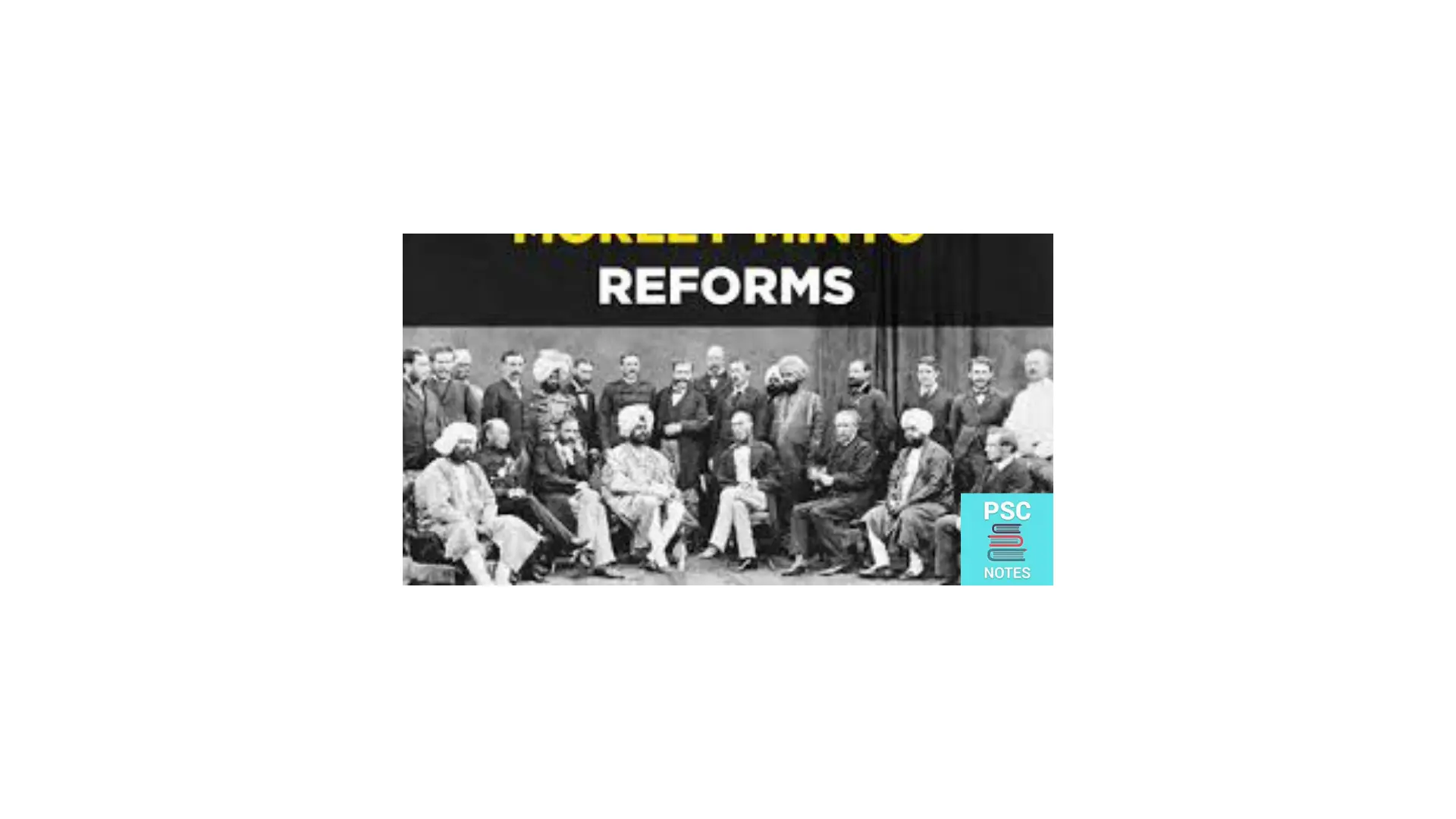Democracy: Direct and Indirect
Democracy: Direct and Indirect Democracy in modern usage, is a System of Government in which the citizens exercise power directly or elect representatives from among themselves to form a governing body, such as a parliament. Democracy is sometimes referred to as “rule of the majority”. Democracy is a system of processing conflicts in which outcomes … Read more
